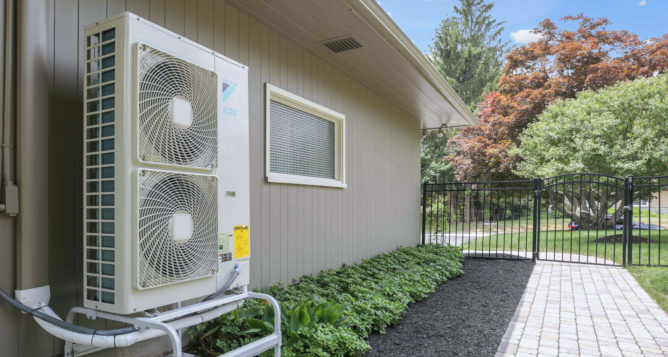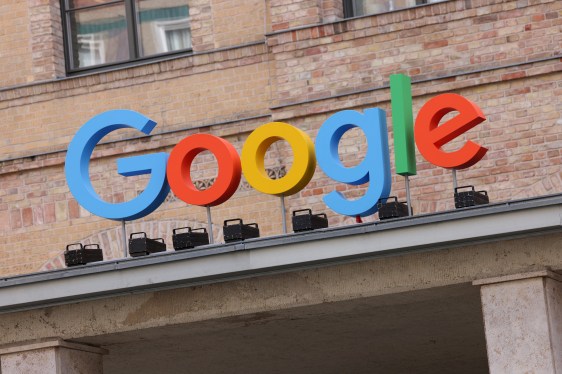As a homeowner, you may be interested in learning about Sealed, a Manhattan-based startup that offers heat pumps as an alternative to traditional oil- and gas-gulping heating systems. The company has recently secured an additional $29.5 million in funding led by property-tech investor Fifth Wall, with other investors including Robert Downey Jr.’s FootPrint Coalition and CityRock also contributing.
How Heat Pumps Work
Heat pumps work by moving heat around, directing it inside or outside your home depending on whether you’re trying to cool down or stay warm. They are more efficient than their fossil-fueled counterparts, but costly to install. This is where Sealed’s innovative financing model comes in.
Sealed’s Unconventional Financing Model
The firm covers installation and weatherization costs upfront, billing homeowners monthly based on the energy they save. This means that Sealed only gets paid if it succeeds in cutting down energy waste. The startup’s big bet is on its machine learning algorithms, which "really accurately predict a home’s future energy usage," according to CEO Lauren Salz.
While the startup’s predictions aren’t flawless, sometimes resulting in losses or profits, Salz claims that Sealed can balance this out by holding a portfolio of homes. This approach allows the company to mitigate risks and ensure its financial stability.
How Sealed Works
To handle the actual installation, Sealed relies on existing heat pump hardware and connects its customers to a network of contractors who reduce energy waste via upgrades such as air sealing, insulation, and LED bulbs in addition to heat pumps. Salz emphasizes that these technologies have been around for decades and are "very tried-and-true."
The Role of Technology in Combating Climate Change
While theoretical solutions to the climate crisis may hog the spotlight, the Intergovernmental Panel on Climate Change (IPCC) concluded in its April report that the technology needed to tackle climate change is already here. At the utility level, this means replacing fossil fuel-burning power plants with renewables.
However, this won’t rid homes of fossil fuels unless individual homeowners also ditch oil and gas heating. Sealed aims to accelerate this switch in the U.S., using its new funds to expand outside the Northeast for the first time, starting with Chicago.
Expansion Plans
The $29.5 million deal elevates Sealed’s preexisting $16 million series B to a total of $45.5 million. The startup intends to double the size of its team to around 200 staffers by the end of the year. Salz notes that this is "definitely a big, big up round," and the company’s valuation now sits in the nine figures.
Conclusion
Sealed’s innovative approach to reducing energy waste and combating climate change demonstrates the potential for technology to drive meaningful change. By leveraging machine learning algorithms and existing heat pump hardware, Sealed offers a viable solution for homeowners looking to transition away from fossil fuels.
As the world continues to grapple with the challenges of climate change, startups like Sealed are pushing the boundaries of what is possible. With its new funding and expansion plans, Sealed is poised to play a significant role in accelerating this shift towards a more sustainable future.
Related Articles
- Fintech: LemFi moves remittances further into Asia and Europe with $53M in new funding
- Startups: How Barcelona became an unlikely hub for spyware startups
- In Brief: Robinhood agrees to pay $45M in SEC settlement
About the Author
Harri Weber is a senior writer at TechCrunch, covering climate and related topics. Her work has also appeared in Gizmodo, Fast Company, VentureBeat, dot.LA, Input, and The Next Web.
Subscribe to TechCrunch’s Climate Newsletter
Stay up-to-date on the latest news and developments in the world of climate change, clean energy, and sustainable technologies. Subscribe now and receive the best of TechCrunch’s coverage every week.









